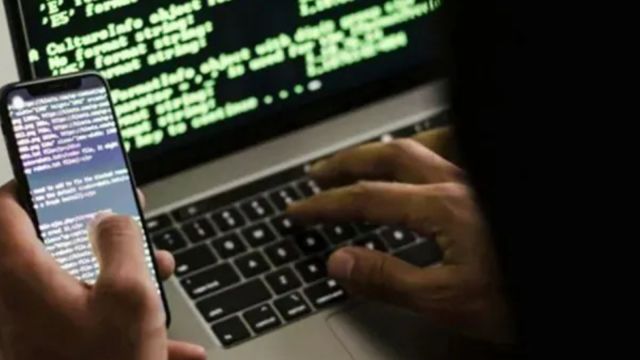Haryana Police crack down on cybercrime: 22 arrests daily, major gains in recovery
Since September 2023, over 3.43 lakh fake accounts have been blocked, and 50 bank officials were arrested for fraud, said Haryana Police.
 Since September 2023, Haryana has identified and blocked over 3.43 lakh fake accounts and arrested more than 50 bank officials involved in fraudulent activities. (Representative image)
Since September 2023, Haryana has identified and blocked over 3.43 lakh fake accounts and arrested more than 50 bank officials involved in fraudulent activities. (Representative image)In a decisive push against cybercrime, the Haryana Police Saturday reported an average of 22 arrests per day under cyber-related charges, a sharp rise from nearly 14 daily arrests in 2024.
The figures were shared by senior IPS officer Sibash Kabiraj, who currently holds the additional charge of Inspector General of Police (Cyber), during a state-level cyber awareness and training session held at a Government Post Graduate College (Sector-1) in Panchkula.
Kabiraj, also the Commissioner of Police, Panchkula, highlighted that since September 2023, the state has identified and blocked over 3.43 lakh fake accounts and arrested more than 50 bank officials involved in fraudulent activities. He noted a significant improvement in the recovery rate of money lost to cybercrime, which has surged from 8 per cent in September 2023 to 46 per cent in August 2025.
Among other key achievements, Kabiraj shared that the Mobile Blocking Unit successfully blocked 1.24 lakh fake SIM cards in 2024 alone. Under the leadership of DGP Shatrujeet Kapoor, the 1930 cyber helpline was significantly upgraded—staff strength increased from 12 to 70, terminals from 6 to 54, and the helpline was integrated with Dial-112. Additionally, 16 nodal officers from 11 major banks were deployed for real-time coordination.
Kabiraj emphasised the growing digital landscape in education, commerce, communication, and governance, which has brought with it challenges such as phishing, OTP fraud, digital arrest scams, social media hacking, and misinformation. He reiterated the Haryana Police’s mission-mode approach to counter these threats.
These efforts have earned national recognition. On September 10, 2024, the Union Home Minister awarded Haryana Police the top rank in the country for cybercrime prevention and helpline operations. On Independence Day 2025, Kabiraj was honoured with the President’s Police Medal for his commendable contributions to the cyber domain.
The awareness session also featured a short film on cyber safety, followed by a street play titled Freedom from Cyber Crime, which addressed issues like KYC frauds, honeytraps, and digital arrests.
Students participated enthusiastically in cyber quizzes and poster-making competitions, furthering the message of vigilance and digital responsibility.







